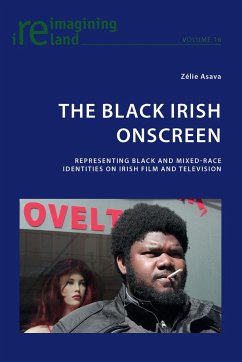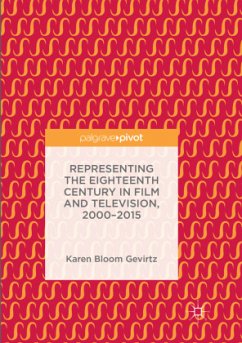
Representing 9/11
Trauma, Ideology, and Nationalism in Literature, Film, and Television
Herausgeber: Petrovic, Paul
Versandkostenfrei!
Versandfertig in 1-2 Wochen
107,99 €
inkl. MwSt.
Weitere Ausgaben:

PAYBACK Punkte
54 °P sammeln!
This diverse collection of essays analyzes popular culture texts-including novel, films, and television shows-that demonstrate a variety of attitudes in the wake of the September 11, 2001 attacks.














